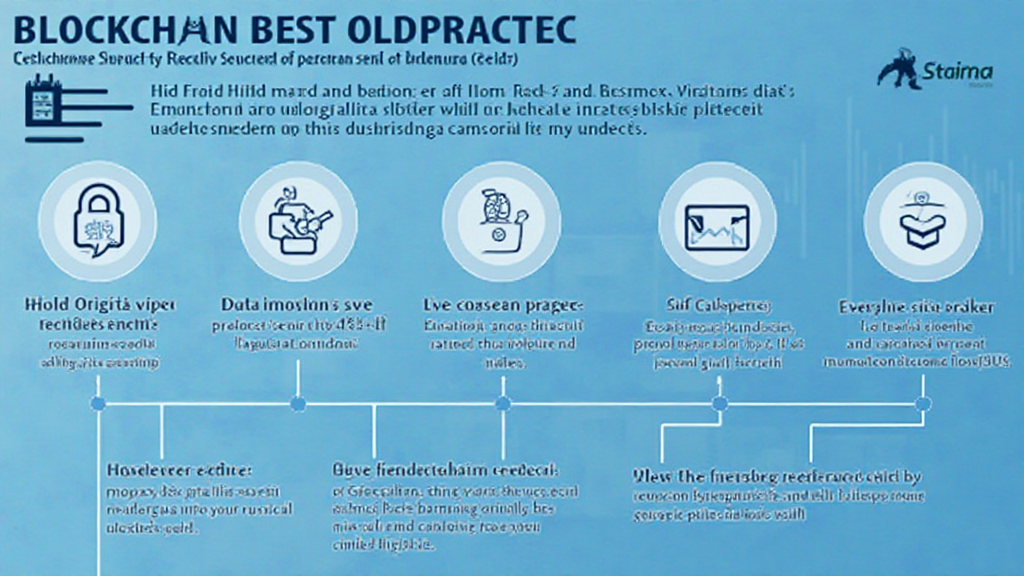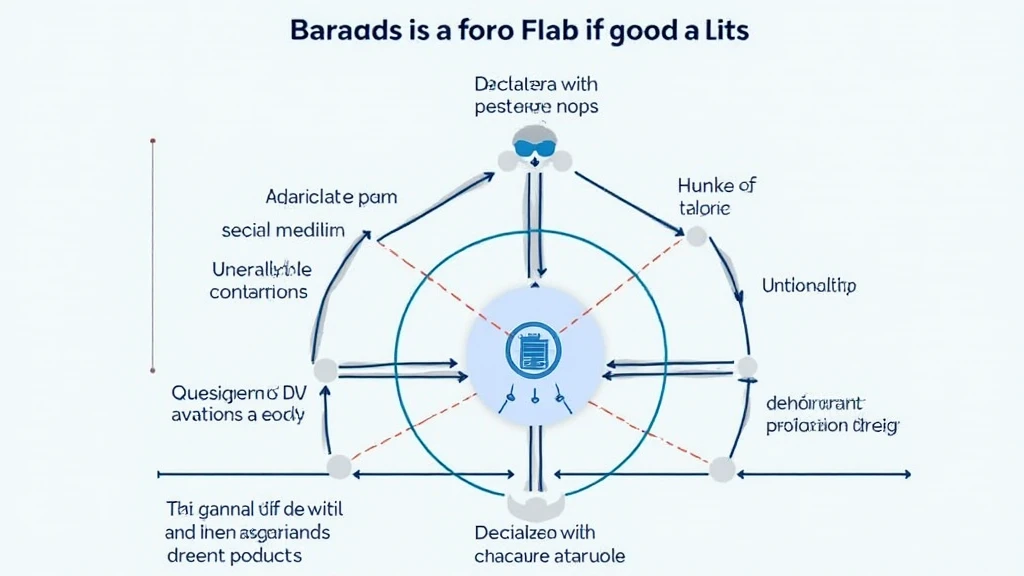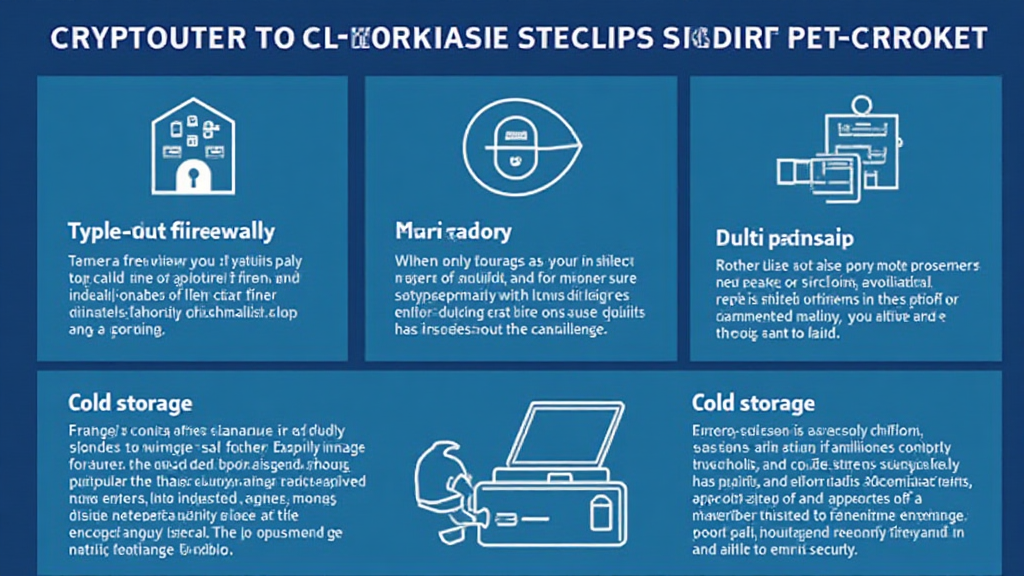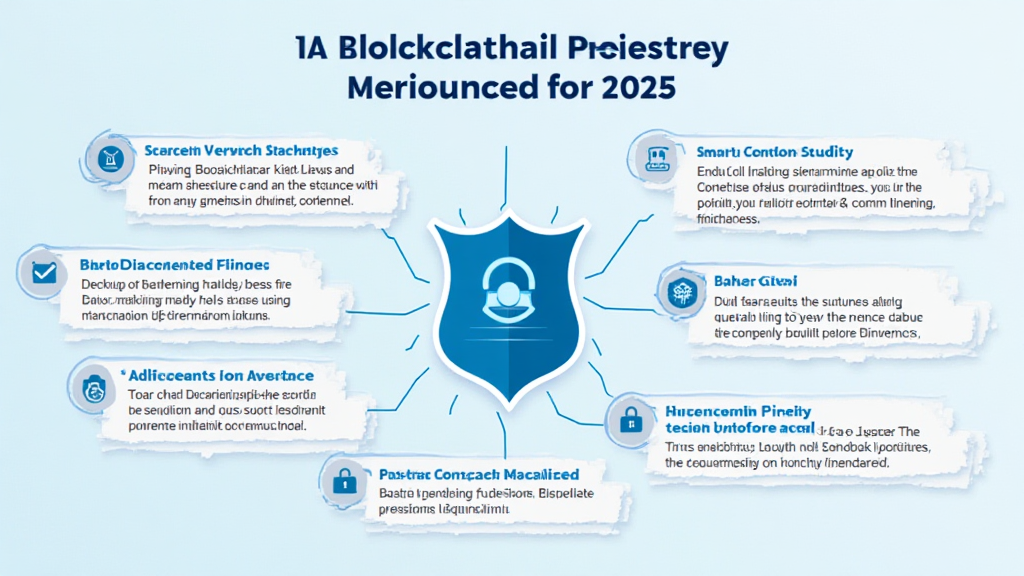Introduction
In the past year alone, the cryptocurrency sector has witnessed staggering losses, with reported thefts exceeding $4.1 billion due to security vulnerabilities in decentralized finance (DeFi) platforms. Such alarming figures cast a spotlight on the pressing need for robust blockchain security standards. As we transition into 2025, ensuring the security of digital assets within Vietnam’s burgeoning blockchain market has become paramount. This comprehensive guide aims to shed light on the evolving landscape of Vietnam blockchain security and provide actionable insights to bolster your defenses.
The Growing Landscape of Blockchain in Vietnam
In recent years, Vietnam has emerged as a powerhouse in the blockchain realm, with a user growth rate surpassing 38% annually. This surge in interest has been driven largely by innovative startups and government initiatives aimed at harnessing blockchain technology’s potential. However, with growth comes the increased risk of threats. Understanding this unique environment is crucial for developing effective security measures.
Market Growth and Opportunities
According to a recent report, Vietnam ranks among the top countries in Southeast Asia for blockchain adoption, with significant investments directed towards projects ranging from digital payments to supply chain transparency. The impressive statistics indicate that:

- Over 1.5 million blockchain wallet users in Vietnam.
- More than 400 blockchain-based startups.
- Government backing through projects aimed at enhancing financial transparency.
This rapid adoption presents both opportunities and challenges for stakeholders, emphasizing the necessity for robust security measures.
Understanding Blockchain Security Vulnerabilities
Security vulnerabilities within blockchain technology can often resemble the flaws seen in traditional finance systems. Just as banks invest heavily in vaults to protect their assets, cryptocurrency platforms must adopt stringent security practices to safeguard user funds.
Consensus Mechanism Vulnerabilities
At the core of many cryptocurrencies lies the consensus mechanism, which validates transactions. However, these mechanisms are not without risks:
- 51% Attacks: If a single entity gains control over 51% of the network, they can manipulate transaction confirmations.
- Smart Contract Exploits: Vulnerabilities in smart contract codes can lead to significant financial losses, similar to how a poorly coded ATM software may distribute extra cash.
- Sybil Attacks: In these scenarios, adversaries create multiple fake nodes to overwhelm the network and disrupt operations.
Implementing Robust Security Practices in Vietnam
To mitigate the risks associated with these vulnerabilities, stakeholders in Vietnam should embrace comprehensive security practices.
Consistent Audits of Smart Contracts
Regular audits of smart contracts can catch vulnerabilities before malicious actors exploit them. How to audit smart contracts? It involves:
- Employing reputable auditing firms, such as those listed on hibt.com.
- Utilizing automated tools to analyze code for common vulnerabilities.
- Conducting thorough testing in a safe environment before deployment.
Utilizing Multi-Signature Wallets
Much like how physical vaults require multiple keys to access, implementing multi-signature wallets enhances security, necessitating multiple approvals for transaction execution.
Educating Users on Security Best Practices
Informed users create a better security environment. Educational efforts should focus on:
- Recognizing phishing attempts.
- Using hardware wallets for long-term storage.
- Regularly updating passwords and enabling two-factor authentication.
The Role of Government and Regulation
Government regulation can play a crucial role in enhancing blockchain security in Vietnam. Recent legislation seeks to clarify the legal standing of cryptocurrencies and blockchain technology, providing a regulatory framework that encourages innovation while safeguarding investors.
Compliance Standards for Enterprises
Enterprises must remain compliant with local regulations regarding data protection and cryptocurrency transactions:
- Implementing the tiêu chuẩn an ninh blockchain to ensure safety.
- Regularly updating practices to align with evolving legislative norms.
Looking Ahead: 2025 and Beyond
As we approach 2025, it’s evident that the blockchain industry in Vietnam will continue to evolve. Stakeholders must remain vigilant in their security practices to adapt to new threats. Building a resilient blockchain ecosystem requires collaboration among users, enterprises, and government authorities.
Future Trends in Blockchain Security
Prepare for the upcoming trends affecting blockchain security, such as:
- Increased focus on privacy coins.
- Integration of artificial intelligence in threat detection.
- Resilience in the face of regulatory changes.
Conclusion
In today’s rapidly evolving blockchain landscape, in-depth knowledge of Vietnam blockchain security is essential for any individual or organization looking to protect their digital assets effectively. As the sector continues to grow, implementing robust security measures and adhering to compliance standards is crucial for sustainable success.
As we move into 2025, embracing the best practices highlighted in this guide will be instrumental in mitigating risks and seizing the opportunities that blockchain technology presents. Remember — proactive measures are the keys to protecting your digital future. For more insights and expert analyses, visit cryptocoinnewstoday.
Author: Dr. Nguyen Tran Minh, a leading blockchain security expert, has authored over 15 papers in this field and has led the audit for several esteemed projects around Southeast Asia.





